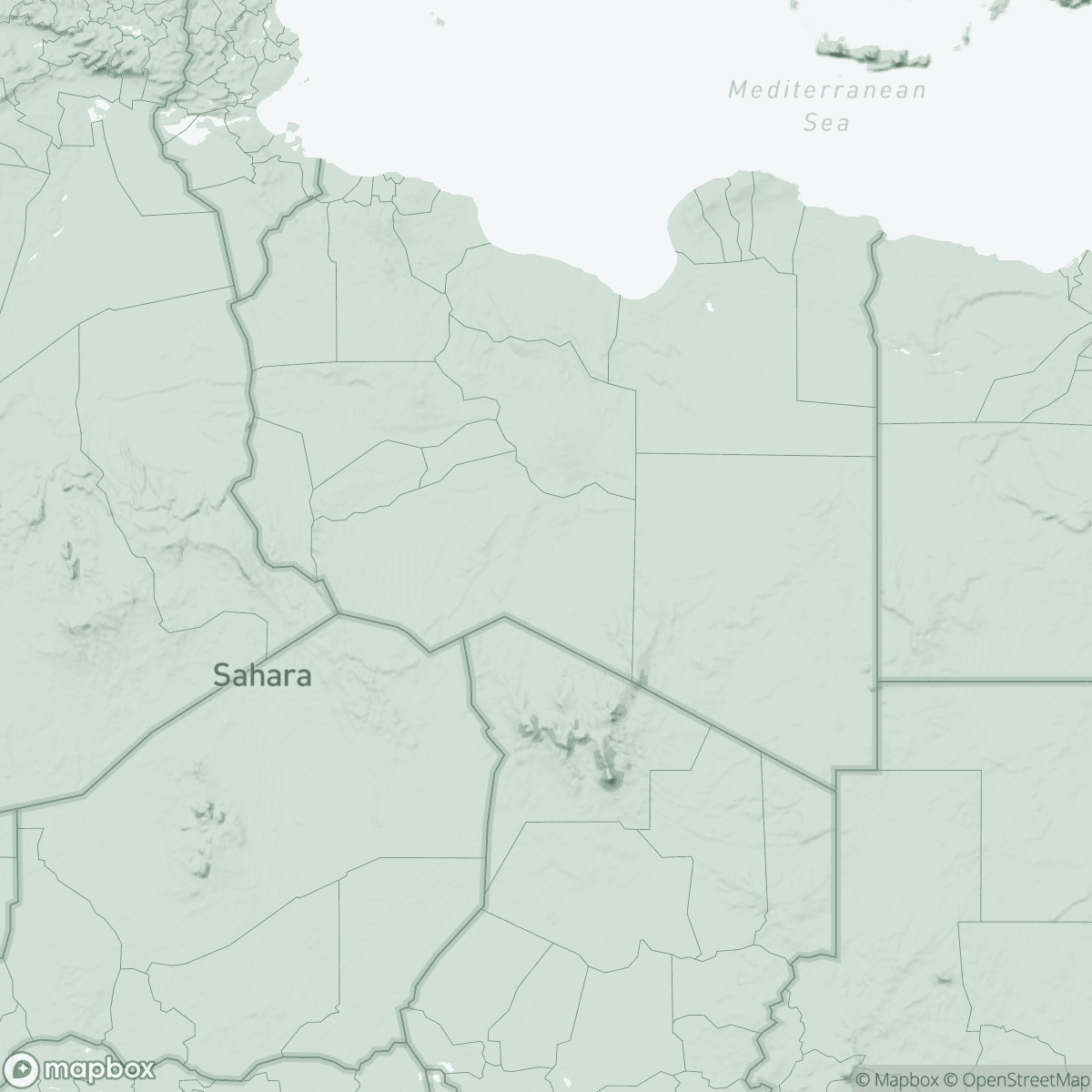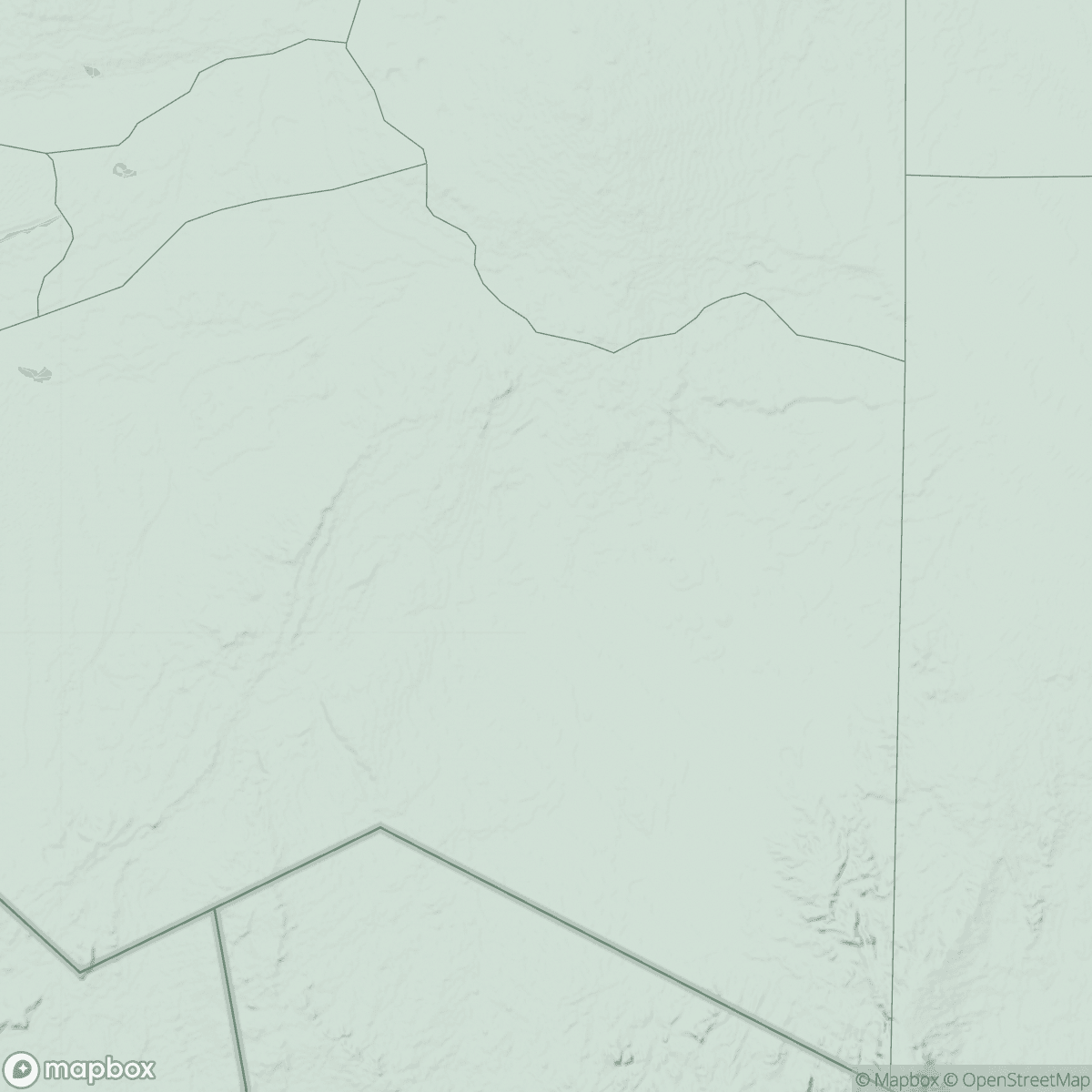Libya
In 2024, Médecins Sans Frontières (MSF) provided essential healthcare and support to migrants, refugees, and asylum seekers in Libya, many of whom have been subjected to extreme violence and abuse.
Our activities in 2024 —
outpatient consultations
individual mental health consultations
people started on treatment for TB
MSF runs a range of activities in Libya, including basic healthcare, tuberculosis (TB) diagnosis and treatment, sexual and reproductive health services, and emergency care, for refugees, migrants, and other people in vulnerable circumstances. We also offer protection services, aiming to identify people with vulnerabilities, in particular unaccompanied minors, and to refer them to other organisations who can meet their specific needs.
In 2024, we regained access to a detention centre near Tripoli, one of the places where migrants and refugees are arbitrarily and indefinitely held in the country, and started to offer basic healthcare consultations and protection services once a week

In the coastal city of Zuwara, we also resumed activities at disembarkation points, to provide emergency medical assistance to people who had been intercepted at sea on their way to Europe by the coastguard and brought back to Libya. In addition, we started to conduct medical consultations in neighbourhoods where migrants and asylum seekers live in precarious conditions. These services are open to both Libyan and non-Libyan patients in the city.
In Misrata, we support the provision of care for TB patients, and have a team working at the only unit for drug-resistant TB in the country.
MSF continues to receive accounts of what the independent human rights investigators appointed by the UN qualify as ‘crimes against humanity’; i.e. migrants being abducted, assaulted, sexually abused, or subjected to extortion, forced labour, and trafficking practices.
We continued to call for the opening of safe and legal pathways for vulnerable migrants in Libya, while assisting with the identification of patients to be registered and evacuated via a humanitarian corridor between Libya and Italy.

